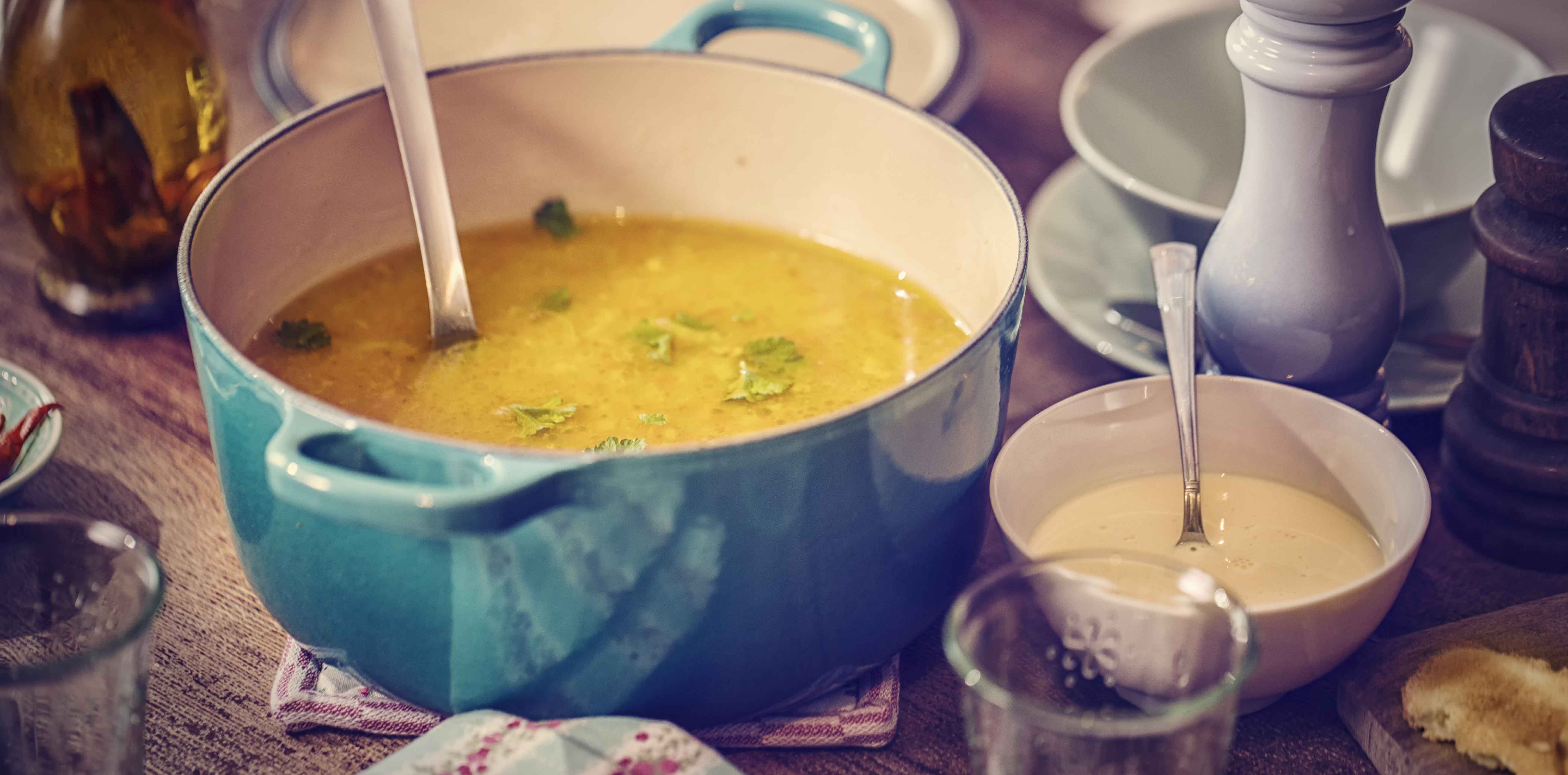In one of the more unusual studies, UK researchers have determined that some home-cooked, family-recipe broths actually have antimalarial properties
In one of the more unusual studies seen in the medical journals of late, UK researchers have determined that some home-cooked, family-recipe broths actually have antimalarial properties.
The study, published in the Archives of Diseases of Children, involved the testing of 56 samples of broths which had been made from recipes passed down as a tradition in families of diverse ethnic origin. These broths were believed to confer health benefits in times of illness, commonly helping to reduce fever.
Researchers asked school children, at an ethnically-diverse UK primary school to simply bring in a sample of their family, anti-fever soup.
Of the 56 soup samples, five were found to significantly inhibit the growth of the asexual blood stage of Plasmodium falciparum in vitro. In fact, the inhibition seen with two of the broths was comparable to that seen with one of the leading antimalarial agents, dihydroartemisinin.
Four other (different) broths were found to help block transmission of malaria – preventing the development of the male parasite.
Pretty interesting stuff, but there is a definite downside to this study that prevents it grabbing medical news headlines worldwide. The researchers don’t actually know what was in the broths.
They do know the broth samples came from families of very diverse backgrounds including from Europe, North Africa and the Middle East but they didn’t collect the recipes, and discussing what went in the soup with the children they were unable to determine a common ingredient among those broths that eventually were shown to be potentially effective against malaria.
“The utility of any broth found to have antimalarial activity will, of course, depend significantly on standardisation of soup preparation and ultimately identification of the active source ingredient,” the study authors wrote.
So what was the point you might ask?
Well, the researchers claim their efforts were mirroring the journey of the discovery of Qinghao, a herb which for more than 2000 years has been used in traditional Chinese medicine to treat fever, in particular malaria-associated fever. Back in 2016, a Chinese researcher, Professor Dr Tu Youyou won the Nobel Prize for isolating the active ingredient from Qinghao, giving rise to the artemisinin and derivative drugs, which are now the frontline antimalarials in the world.
Their reasoning was that many traditional cultures have used specific foods, herbs and in many cases soups to treat fever. For example, Jewish grandmothers’ chicken soup.
Who’s to say there aren’t other, as yet unknown, ingredients that might help treat the world’s leading causes of child mortality, malaria?
“Given the impact Qinghao has made on modern medicine, there has been a resurgence of interest in screening natural product libraries for other potential sources of antimalarials and consulting with traditional healers to find unexplored chemical space for future drug discovery,” the authors said.
And, according to this study at least, it seems this interest is warranted.
Arch Dis Child 2019; doi:10.1136/archdischild-2019-317590
This story first appeared on www.healthed.com.au


